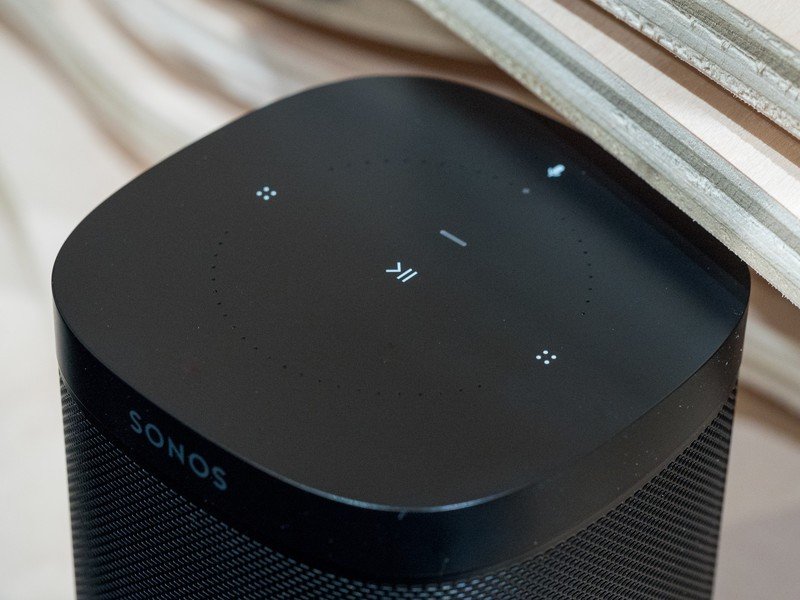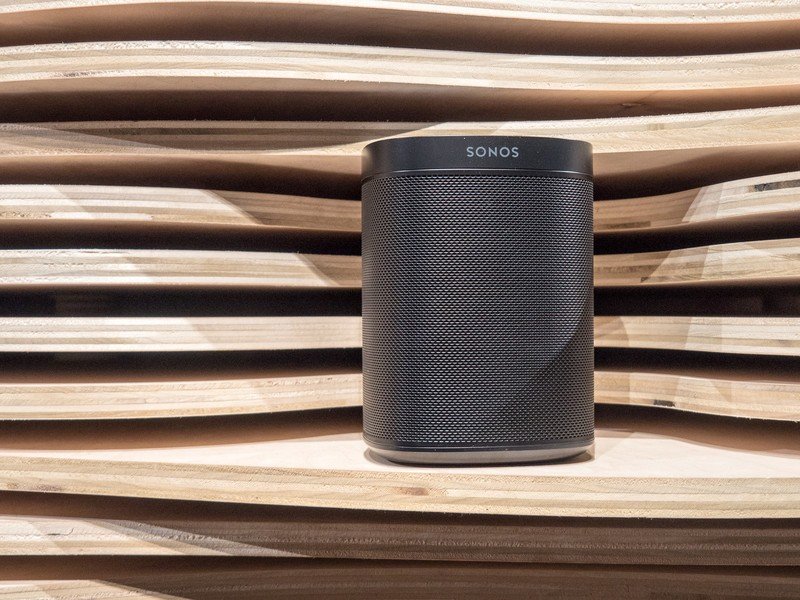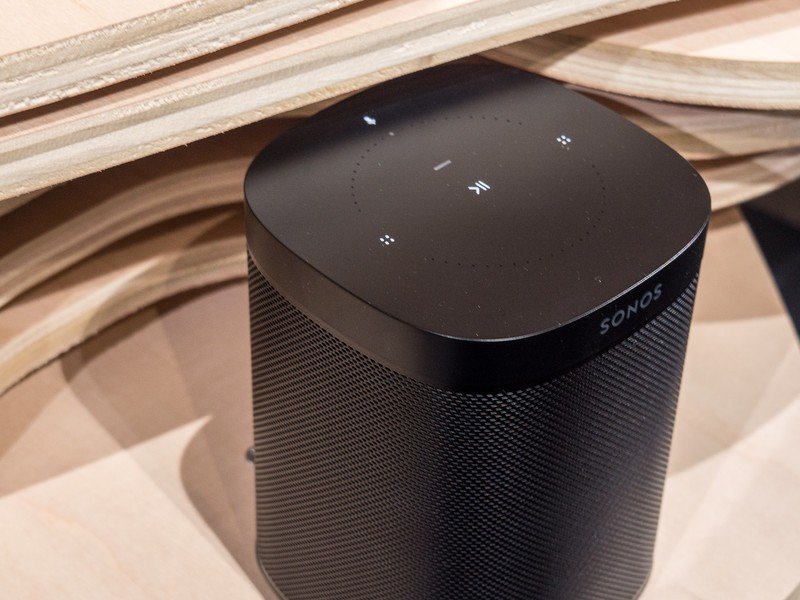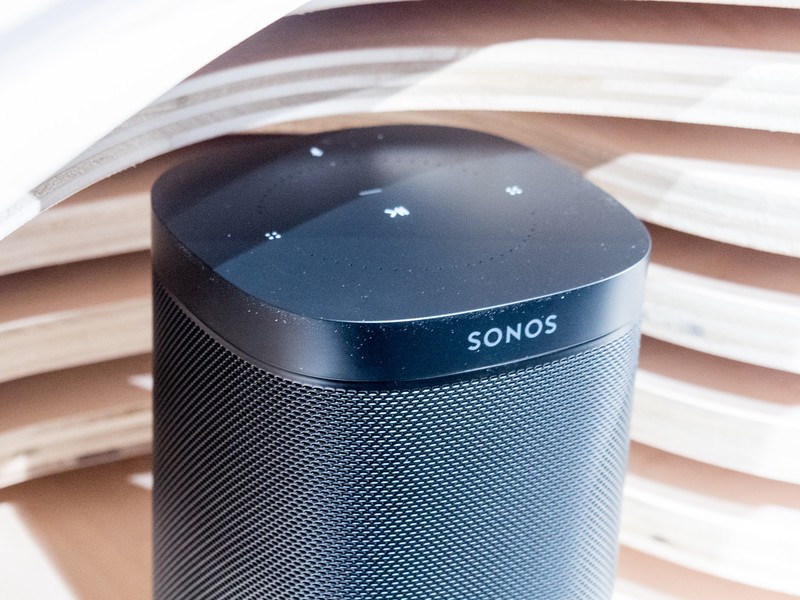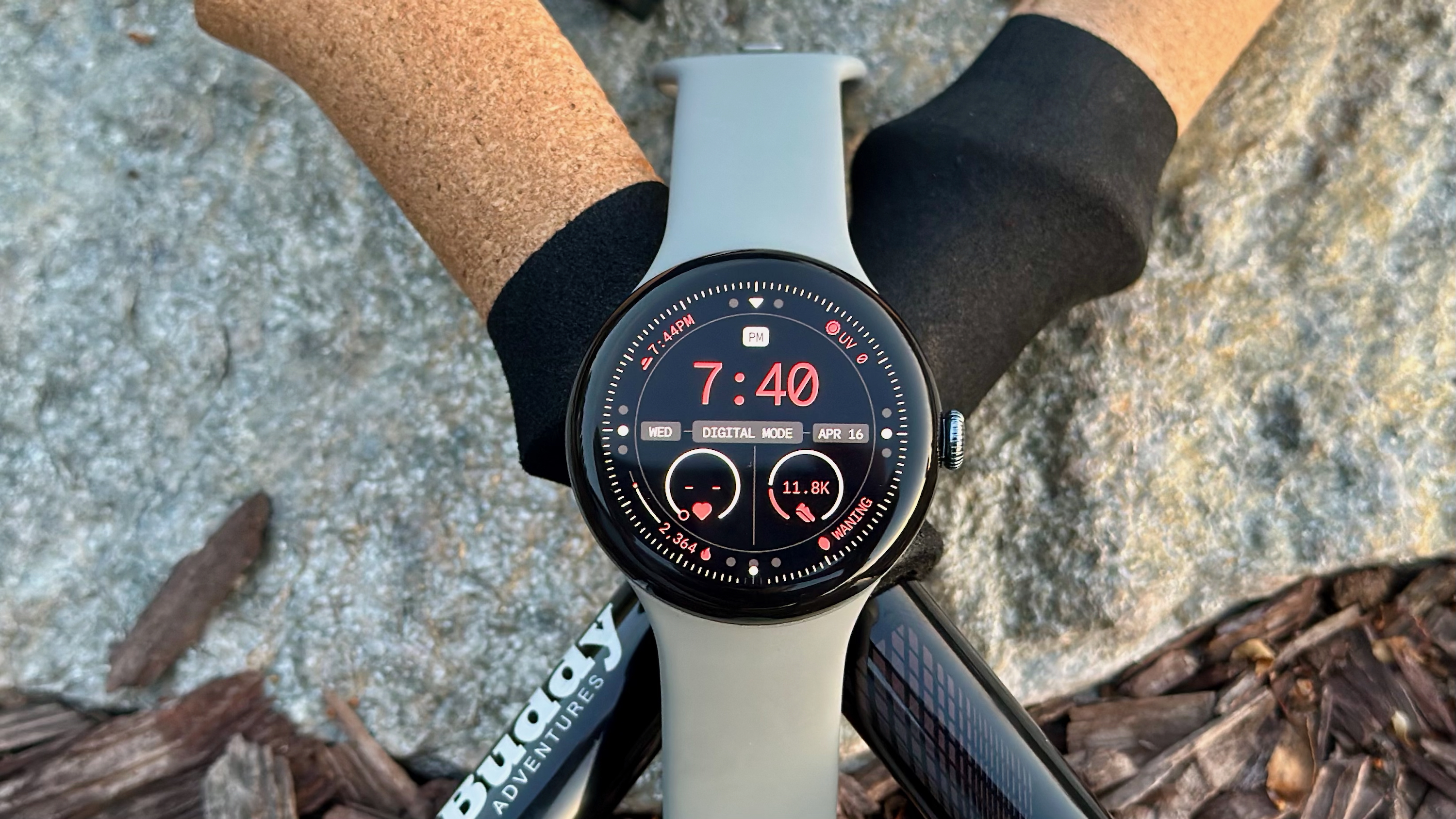Sonos One and Alexa are a match made in heaven
It's easy to look at what Sonos announced today in New York City — a new Sonos One speaker, with microphones and Amazon Alexa integration built in, as well as external Alexa support for its older speakers — and think "OK, that's it. That's easy."
Only, that's not it. And it's not easy. There's a lot more going on here here just a single speaker and Alexa.
Sure, this is still core Sonos. That means really good wireless music made easy. But where Sonos has shown the most growth — and it still has plenty of room left on that front — is by connecting all the things.
Let's break down what's new, and what's still to come.
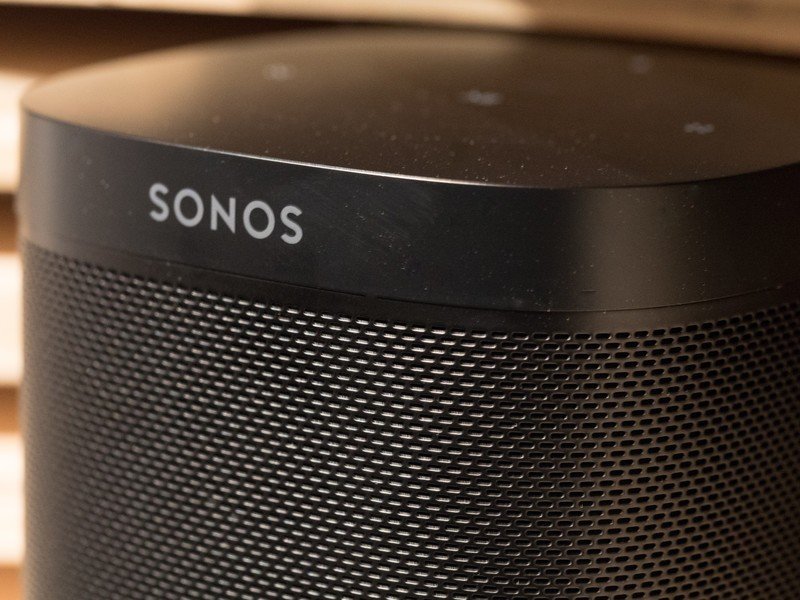
Sonos One ($199, Oct. 24)
Sonos ain't playing around anymore. Gone is the "Play" name from its entry-level speaker. It's just "Sonos One" from here on out. (And it wouldn't surprise me to see that scheme the next time the Play:3 and Play:5 are refreshed.)
Sonos Play One is the one speaker to rule them all. Or, it will be at some point.
Sonos One looks a lot like the Play:1, but the company tells us the two speakers share just two mechanical components. The grilles may look the same, but Sonos One is a new speaker from the rubber footings to the new touch buttons on top.
It's a very familiar product to anyone who owns a Play:1, to be sure. It looks similar. It sounds similar. The touch buttons are a nice addition, though. While I'd always appreciated the simplicity of the Play:1, this just seems more sophisticated than the play/pause and volume buttons we had before, even if it definitely also looks more complicated.
Be an expert in 5 minutes
Get the latest news from Android Central, your trusted companion in the world of Android
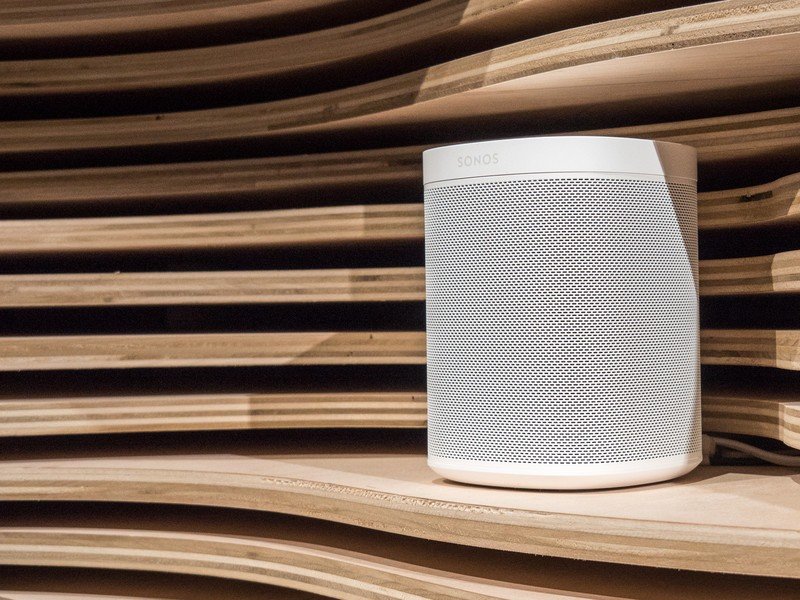
New, of course, is the six-microphone array for talking to Alexa. That's tucked into the top of the speaker, and the mics are hardwired into a small LED on top of the speaker. When the mics are on and listening, the LED is on. Light's off? Mics off. Sonos says that's explicitly for peace of mind if you're worried about your things listening to you all day, and that the LED can't be turned off if the mic's on. (Sounds like a challenge to me.)
And Alexa is ... Well, she's still Alexa. Anything you can ask her now, you can ask her through Sonos One. What's really cool here is that Sonos One and Alexa can control any other Sonos speakers you have hooked into your system. One Sonos One may not be all you want, but for a lot of folks it may be all they need.
In any event, Sonos One can still be set up with another as a stereo pair, or grouped with other speakers, of course.
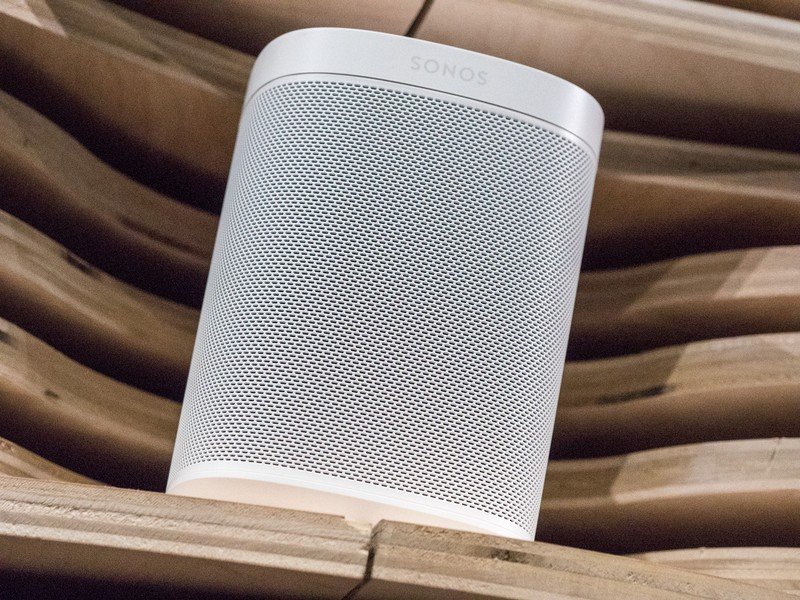
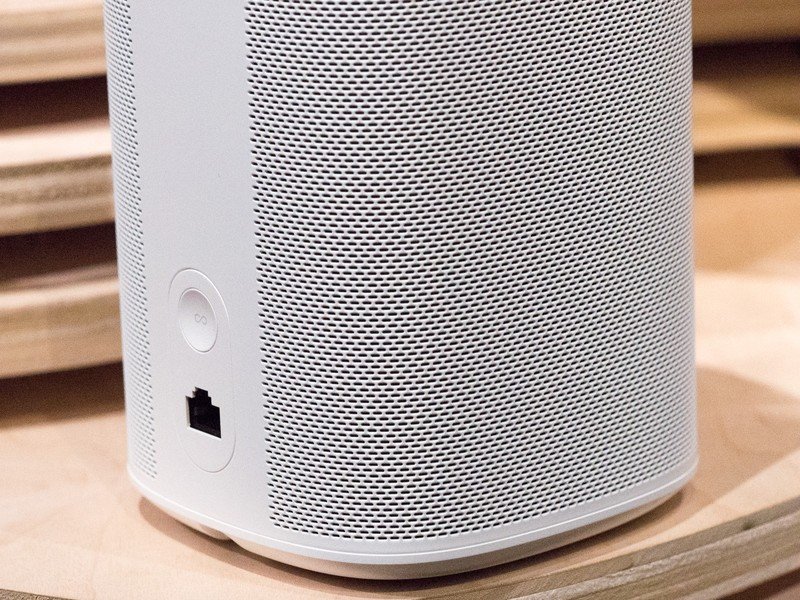
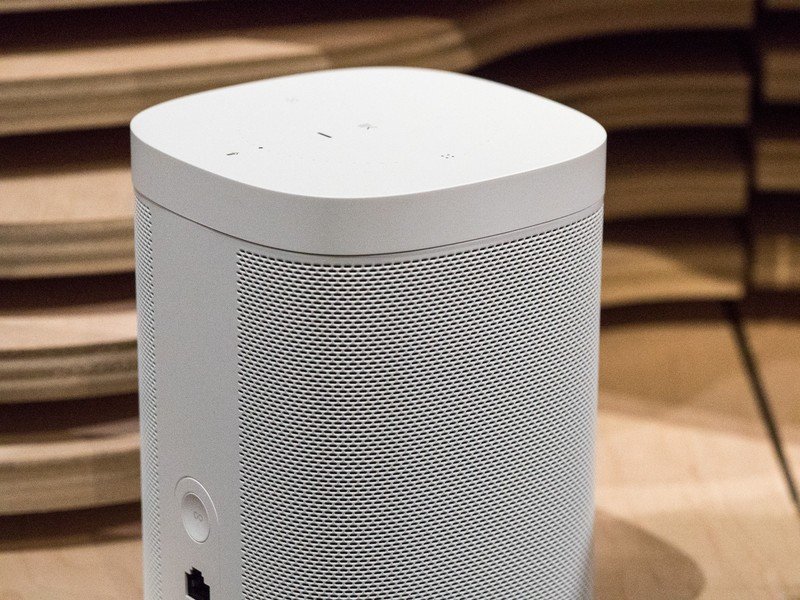
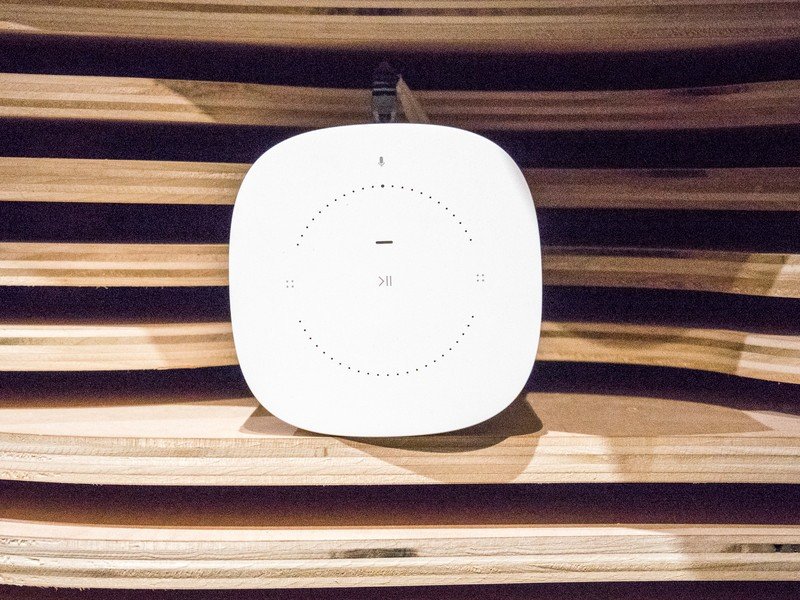
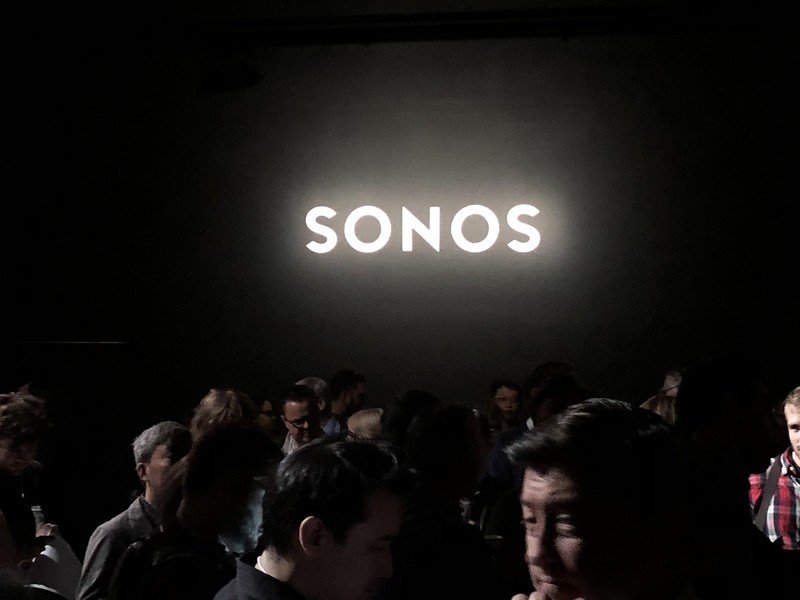
Alexa, AirPlay 2, Assistant and an open platform
The other side of the coin here is services. Lots and lots of services. Some coming in to Sonos, and some going out.
Alexa on all the Sonos things
Starting today, you can control any Sonos speaker through Alexa. So if you've got a $50 Amazon Echo Dot, you can control your $500 Sonos system. (If you've manage to spend only $500, my hat's off to you.)
That means the. Play:5 you bought years ago will work through Alexa, so long as you've got something that Alexa already ties into.
To set all that up, you'll just need to go into the Sonos Skill for Alexa and connect your accounts. Super easy.
AirPlay 2
For those of you on iOS, know this: Sonos will support AirPlay 2. In 2018. So, yeah. You've got a little while to wait.
It's still a big deal, though, because it means anything you an play on an iPhone or iPad you'll be able to play through Sonos.
That's been a long-requested feature, and it's one that got a lot of applause today. It's also one that still has a few details outstanding, so we'll have to wait and see on that.
Google Assistant
While Alexa was the headlined assistant feature of the event, it by no means was the only one. Sonos announced that Google Assistant — essentially Google's version of Alexa or Siri — will be coming to the platform sometime in 2018. That means anything you can control with Google on your phone (or in your car, or now on your earbuds, or ...) you'll be able to do from Sonos.
How soon? We don't know. But that leads us into ...
Open platforms mean better platforms
Probably the biggest news is that Sonos is moving to an all-open platform. That means a couple things. First, it means anyone who wants to add their service to Sonos can do so. (That means it'll show up in the Sonos app.)
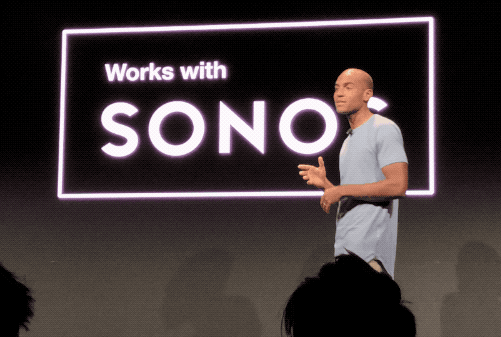
The flip side of that is that any service can also integrate Sonos into its own app. Consider: Few music apps let you chose Sonos as an output. Google Play Music is one of the few that can, in my experience. But mostly if you want to listen to something through Sonos, you have to use the Sonos app to do it. That'll change.
This really is more of a reflection of Sonos itself, though. It wants Sonos One to be the one speaker to rule them all, and it wants Sonos (the platform) to the be most robust of anything out there.
You want Alexa? It'll do Alexa. You want Google? It'll do Google. You want something else? It'll do that, too.
While Google's doing its thing with Google Home Max and Apple's doing its thing with HomePod and and Amazon's doing its thing with Echo Pro, Sonos is quickly building the one platform that can do all the things.
And that, folks, is Sonos One.
